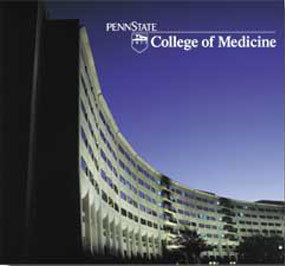The 36th annual Global Health Council Annual Conference was held May 26-30, 2009 in Washington, D.C., and represented a diverse cross section of the global health community. Industry, Academia, Government, Private Sector businesses, you name it - all gathered to discuss the central theme: New Technologies + Proven Strategies = Healthy Communities.
A few highlights:
There were many seminars on how to successfully keep abreast of new technologies and fully utilize them in global health research and health systems development. Text messaging, Geographic Information Systems (GIS) and live video lectures are just a few of the technologies being implemented around the globe. Uses range from tracking outbreaks and emerging infectious diseases, maintaining immunization records, to strategically assessing and planning for community-based health centers.
One great resource for epidemiologists and infectious diseases professionals is Health Map. This website traverses several thousand internet sites and foreign language newspapers each hour, providing some of the first indications of emerging infectious diseases around the world. Users can sign up for alerts specific to their country or disease of interest.
Another great use of technology is a live webcasting series on HIV/AIDS care and treatment developed by the International Training & Education Center on HIV (I-TECH). This series is an interactive training session for healthcare providers around the world, who can dial in and directly participate in case studies and various lecture materials. The program's advantage is not only that healthcare providers can receive training from internationally renowned infectious disease specialists, but that they can ask questions, participate, and take ownership of the material.
One key point emphasized throughout the conference was the need to maintain the human dimension in the midst of the rapid development of technology. During a panel discussion on HIV/AIDS and the global financial crisis, the point was made that global health organizations should broaden the traditional definition of health systems. Often the discussion on health systems stops with the health care provider - the community worker or the doctors or nurses serving a particular location or need. However, the point of care provider is often a family member, and any resource committment needs to include family caretakers in the endpoint analysis and treatment strategy (particularly in HIV/AIDS). Recognizing the key role of family members will allow for a more efficient use of resources, as well as fully engaging the community and meeting the needs of the patient.
This conference definitely highlighted the diverse nature of the global health world. Check out this year's conference highlights, and stay tuned for 2010!
Tuesday, June 9, 2009
Subscribe to:
Post Comments (Atom)




No comments:
Post a Comment